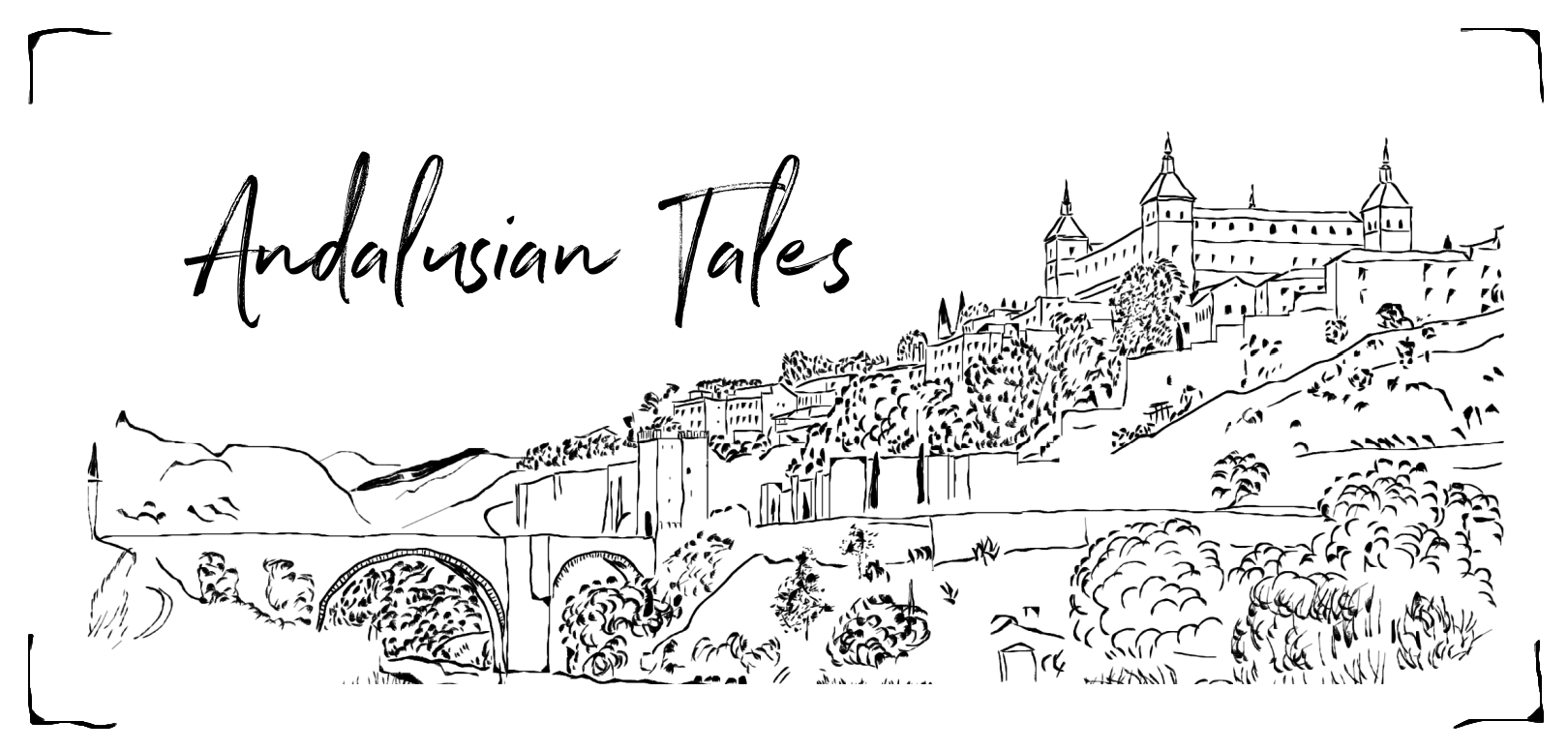The Porous Self
Faith and Culture, Now and Then
“For all, whether they know it or not, the problem of life is a question of metaphysics, of morality and of science all at once.”
Maurice Blondel, Action: Essay on a Critique of Life and a Science of Practice (1893)
The purpose of The Porous Self is to explore the challenges and insights that invariably arise from the effort to live, as both an individual and a citizen, according to faith in a culture that increasingly and dogmatically looks the other way. I hope readers might find something valuable, perhaps even useful, for their own similar purposes.
The Porous Self: What it is
What is the nature of the world, and what is our rightful place in it? Indeed, why is there anything at all, and what, if anything, gives human life any particular value?
While our technological, hyper-specialized Western culture has consigned such questions to the remote chambers of academia or the discreet musings of individuals, it is the contention of this venture that these questions are as much front and center in our cultural life as they have ever been. We just happen to wish they weren’t. Whether as individuals, tribes, or societies, the decisions we make invariably reflect the “things we hold dear,” or at least the ideas we value above all others. And, one way or another, those decisions ultimately trace back to those foundational questions.
As a political philosophy, liberalism attempts to get around those questions by deeming the individual the prime bearer of the right and responsibility to answer them based on one’s personal preferences, goals, or values, limited only in so far as one person’s answers don’t clash – or perhaps just clash too harshly – with another person’s. Consequently, to one degree or another, depending on where one looks, and both consciously and unconsciously, we have eliminated or severely limited the extent to which transcendent ideas may be used to explain or justify social decisions.
The name of this venture is taken from a distinction made by the Canadian philosopher Charles Taylor. Read on . . .
